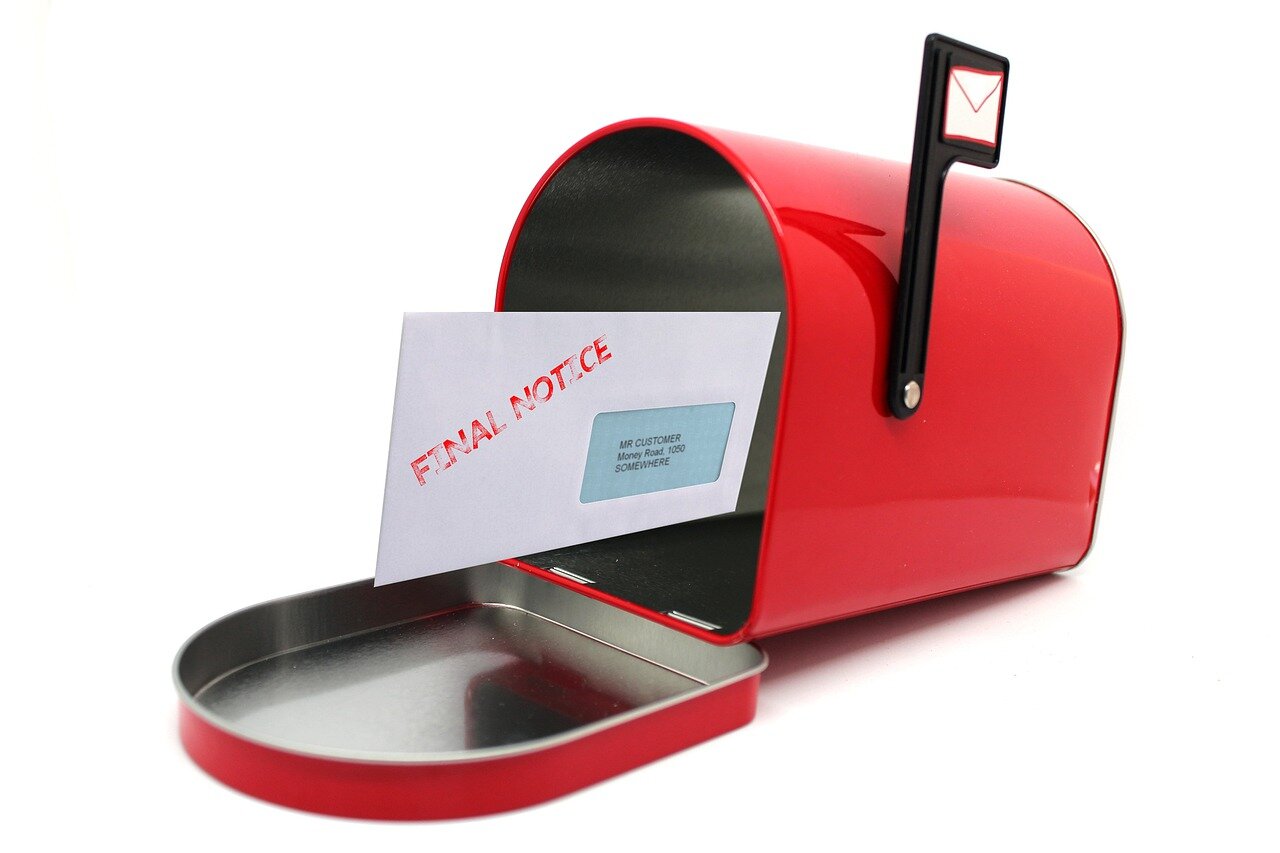Section 6428 of the Coronavirus Aid, Relief, and Economic Security (CARES) Act provided for the disbursement of rebates or economic stimulus payments to eligible individuals with limitations based on adjusted gross income. Three types of eligible individuals were defined in section 6428(d), one of which was “any nonresident alien individual.” This provision has been interpreted to exclude families of eligible immigration status because individuals must file a qualifying income tax return using a valid social security number to receive the stimulus payments. This provision also excludes families of mixed-immigration status, even if one of the members is otherwise eligible. (Texas RioGrande Legal Aid has created a useful fact sheet explaining the eligibility of immigrant families for the economic stimulus payments). This denial of a government benefit has led to at least two lawsuits being filed on behalf of mixed immigration-status families. In Amador v. Mnuchin, the Mexican American Legal Defense and Educational Fund argues that it is unconstitutional for the federal government to deny benefits to a mixed-status married couple who jointly filed previous tax returns without two social security numbers. Similarly, John Doe v. Trump, McConnell, and Mnuchin, filed in the United States District Court for the Northern District of Illinois, Eastern Division, alleges that the CARES Act unconstitutionally excluded those married to non-citizen immigrants from receiving the benefit provided by the stimulus plan.
These recent events have caused us to wonder about the resources that exist for immigrant families, whether it’s related to the economic stimulus payments, unemployment benefits, rent or other economic assistance, healthcare, or the status of pending immigration cases. In this regard, we have compiled a list that we hope might help.
General Information
Houston Immigration Legal Services Collaborative - HILS has created a clearinghouse of immigration-related material, including information about legal assistance, disaster recovery resources, and recent changes to immigration policies and laws. Legal resources are arranged by subject, making it easy to locate the information users need. Its website also features a living document on COVID 19 resources for immigrant advocates.
AccessHOU - The AccessHOU Houston Social Services Database highlights resources for agencies working with immigrants in the Houston area. Categories of resources include: legal, health, education, housing, employment, financial assistance, and food.
Baker Ripley - Baker Ripley, a long-standing social service provider in the Houston community, has an immigration services hotline. Its website lists coronavirus resources as well as its current services. Unfortunately, all of the funds for its Rental Assistance Program have been committed already.
TexasLawHelp - TexasLawHelp, a project of the Texas Legal Services Center, has a webpage devoted to resources for immigrants during COVID-19. It features a collection of state and nationwide resources, as well as information about healthcare. Look for more immigration-related information using the Individual Rights link and then choose Immigration Laws & Rights.
Informed Immigrant - Informed Immigrant is a digital information center for undocumented immigrants. Its website features immigrant and service providers guides. It currently has a webpage highlighting resources for immigrants during the pandemic. Users can browse by state or look at its listing of nationwide resources.
Legal Aid and Legal Assistance Organizations
Immigrant Rights Hotline - Call 1-833-HOU-IMMI, Monday through Friday from 9:00 a.m.-5:00 p.m., to get information about immigration policies and for referrals to legal service providers.
St. Frances Cabrini Center for Immigrant Legal Assistance - Part of Catholic Charities of the Archdiocese of Galveston-Houston, the St. Frances Cabrini Center supports refugees and immigrants. It is currently serving clients by appointment through phone or email interaction.
YMCA International Services - YMCA International Services assists refugees, immigrants, and other vulnerable populations and provides legal services to immigrants too.
South Texas College of Law Houston Immigration Clinic - This law school clinic represents clients in a vast array of matters, including deportation defense. Contact the clinic for availability.
Kids in Need of Defense - KIND provides legal representation for unaccompanied and migrant children in addition to counseling, educational support, and medical care.
Tahirih Justice Center - Tahirih Justice Center provides legal services, training, and education to immigrant women and girls. The Houston office does not accept walk-ins, so call for for an intake.
Immigration-Related Case and Court Information
Houston Immigration Court - The website for the Houston Immigration Court has a link for self-help materials as well as information about court procedures. There is also a link to its Virtual Law Library.
U.S. Citizenship and Immigration Services - In addition to information and forms about citizenship and green cards, the website for the USCIS also has information relating to delays in Extension/Change of Status Filings as a result of COVID-19.
Executive Office for Immigration Review - EOIR is responsible for the adjudication of immigration cases. In its Action Center, you can find links for online filing, case information, and legal representation, including pro bono legal services providers.








